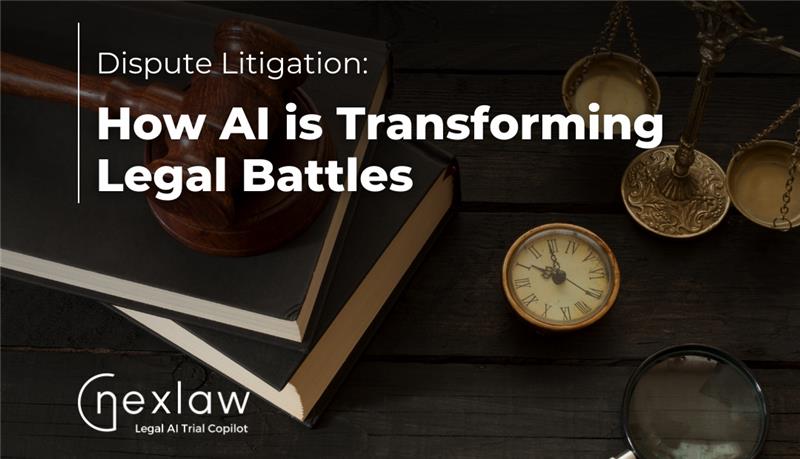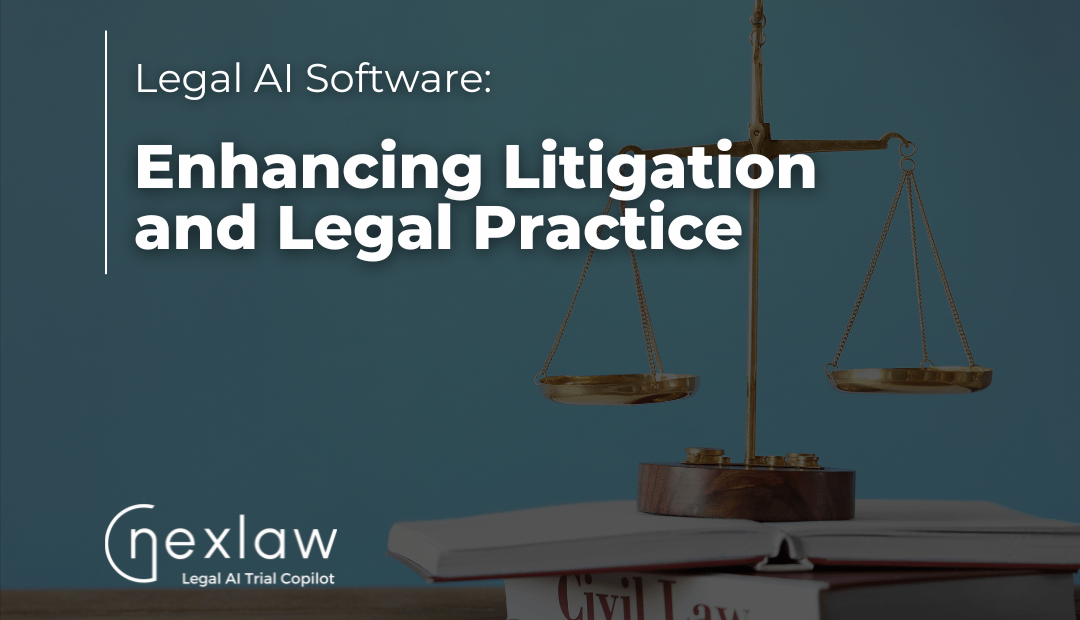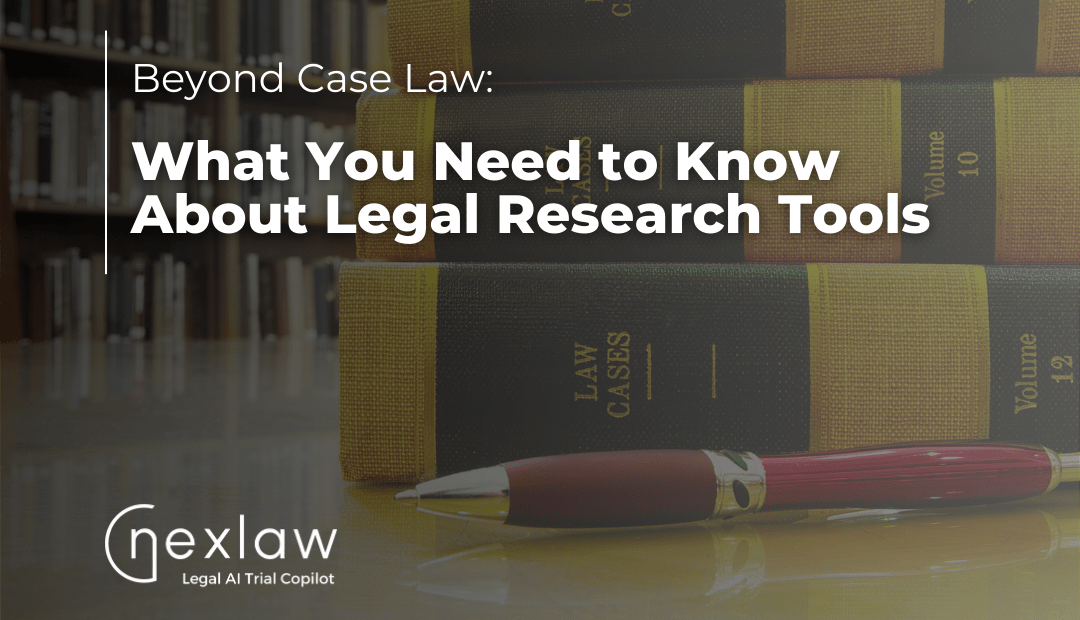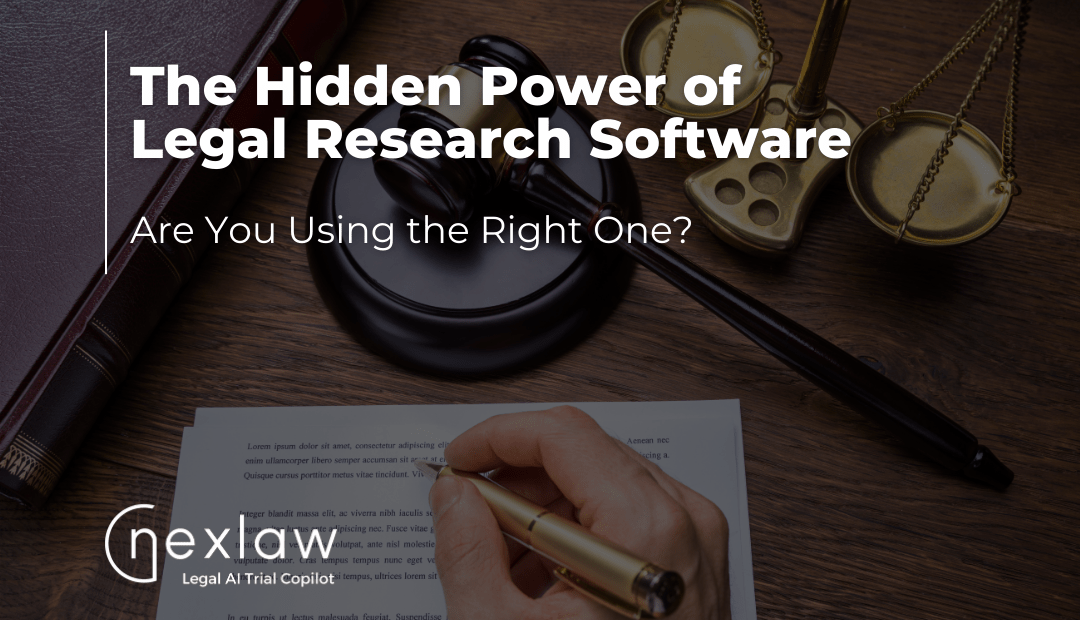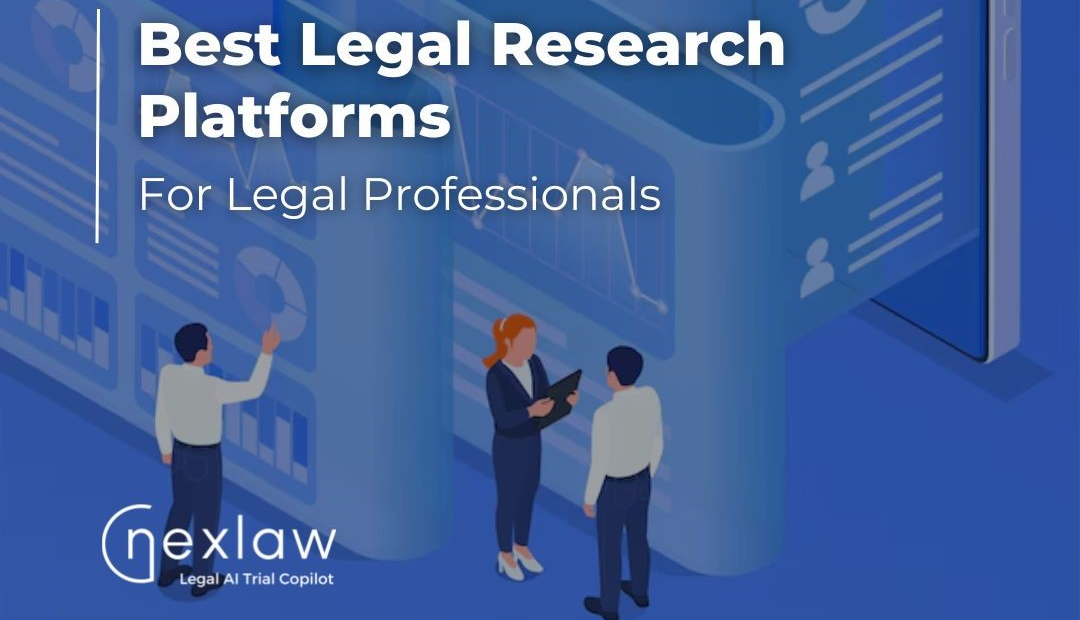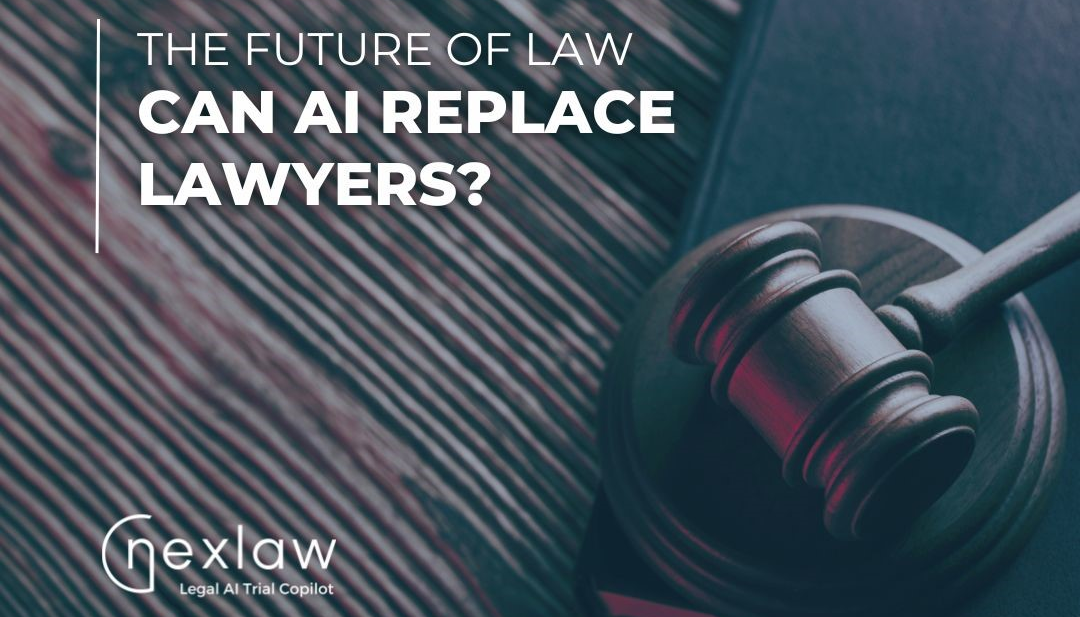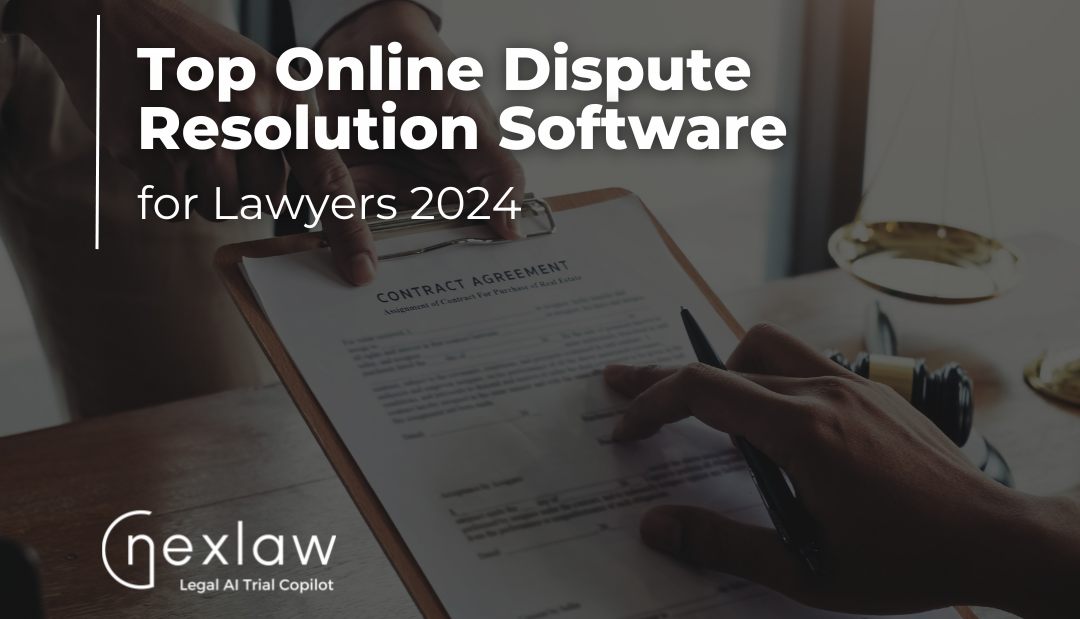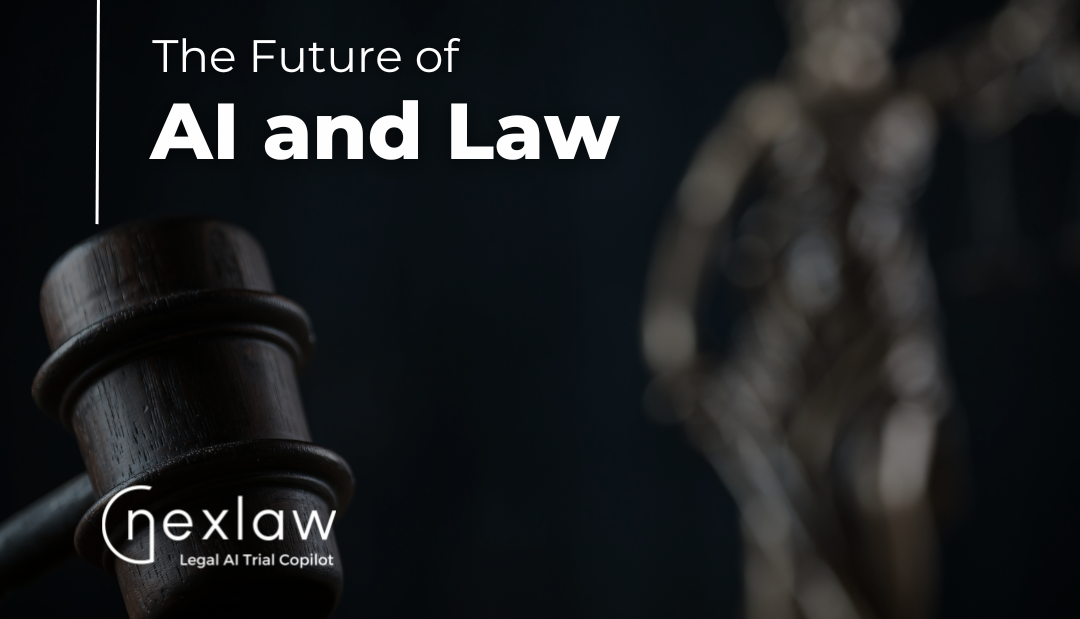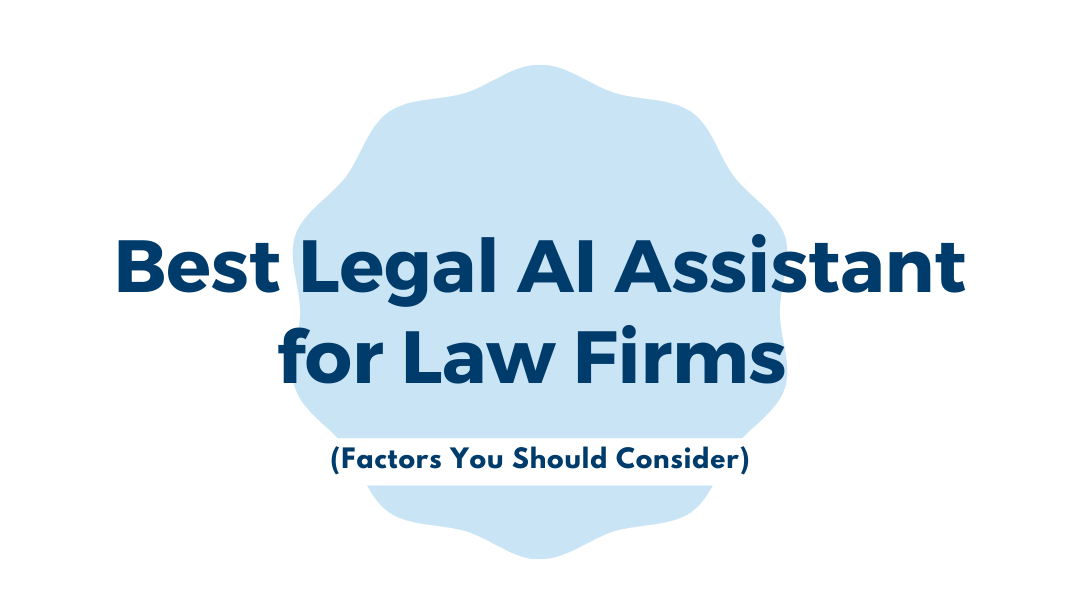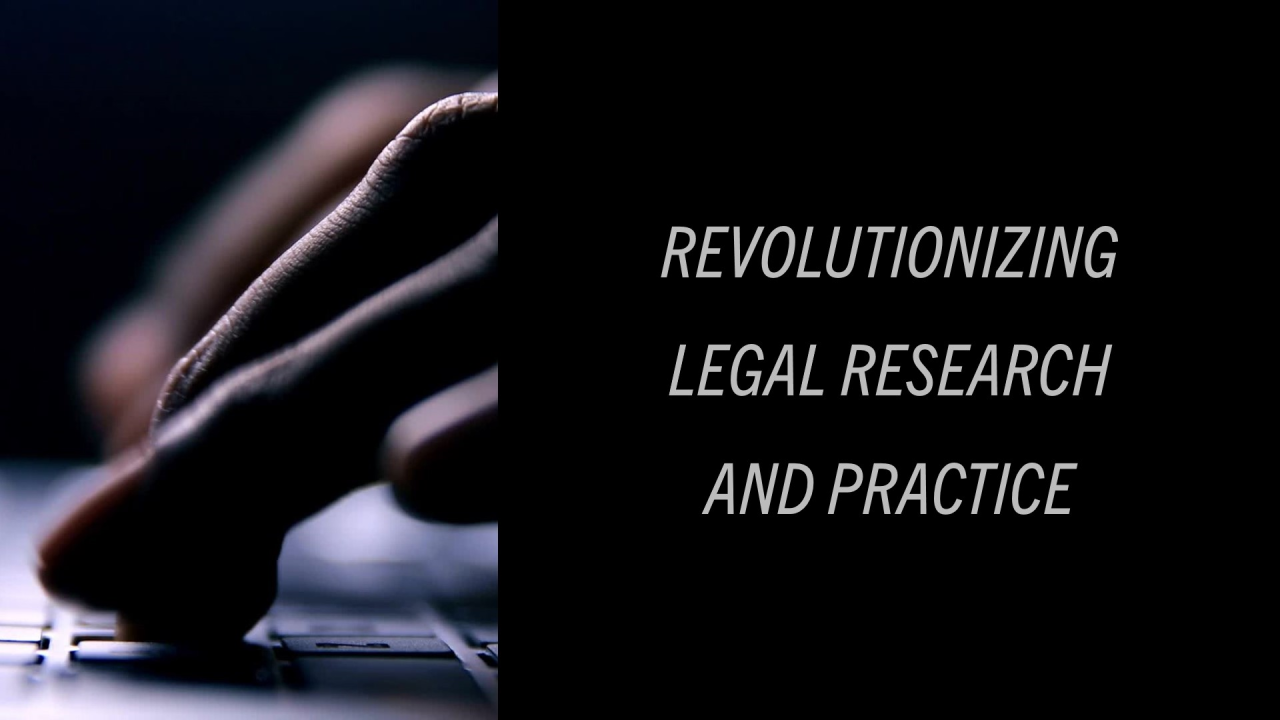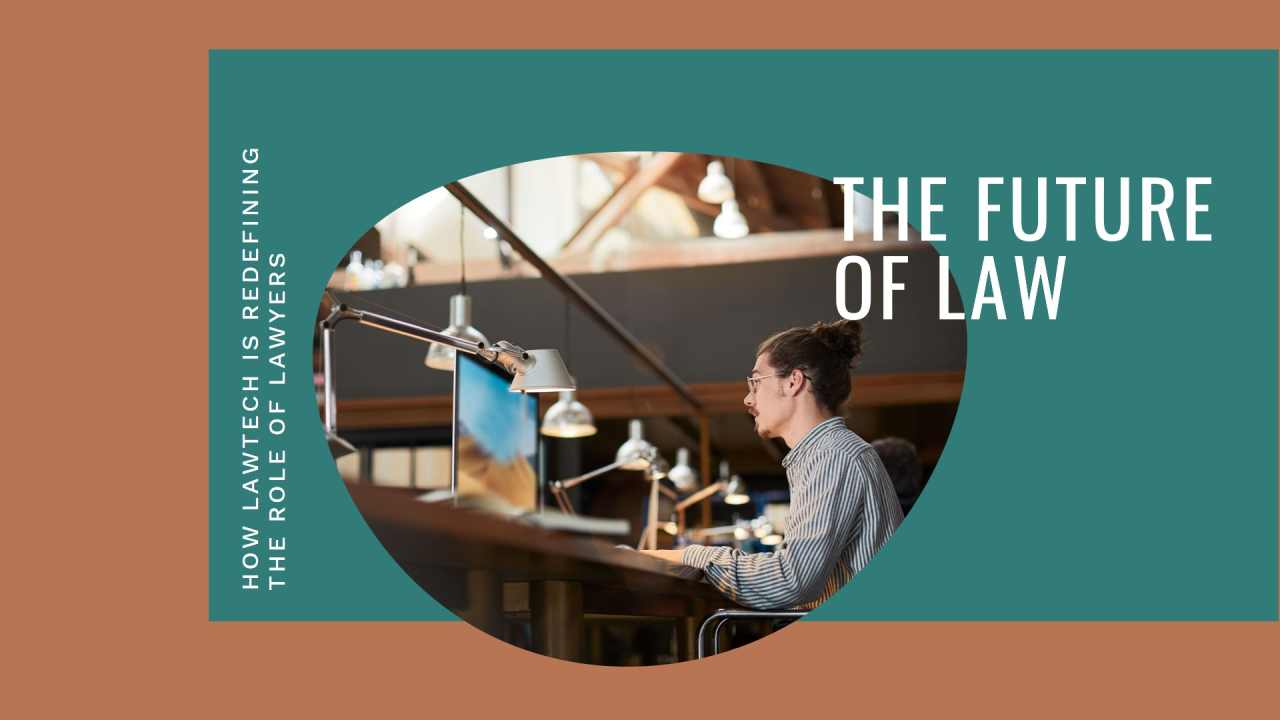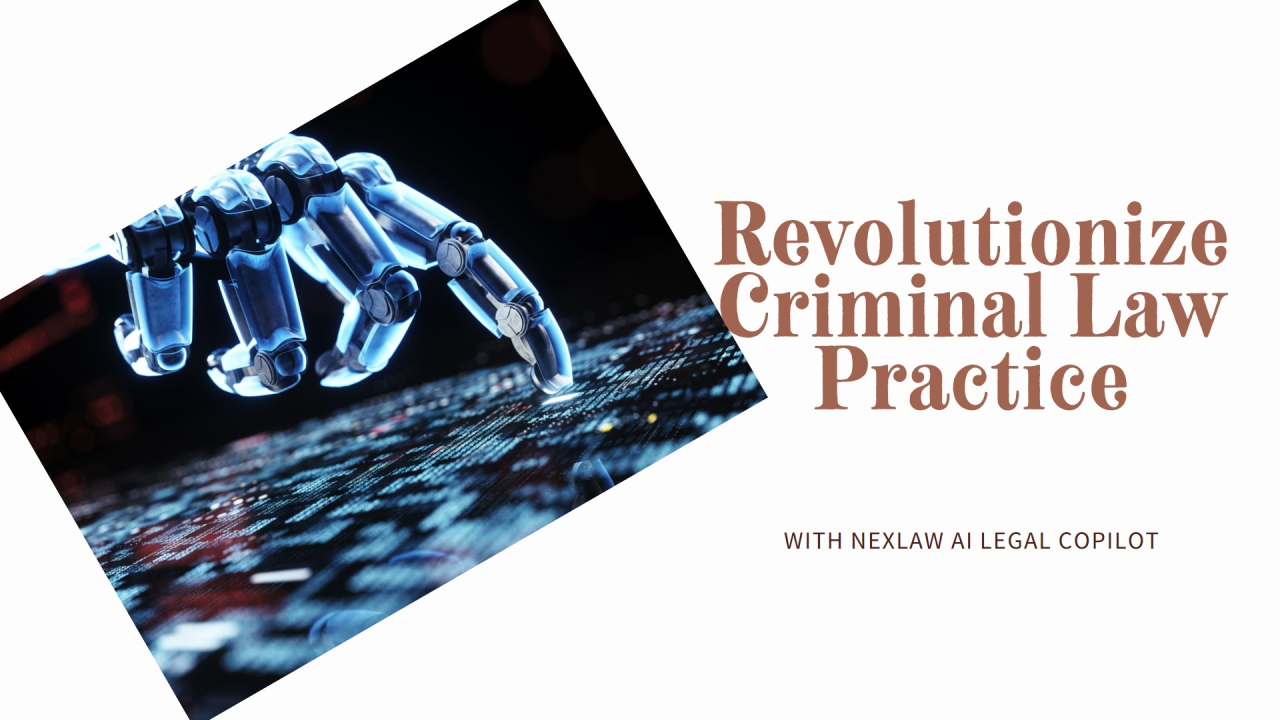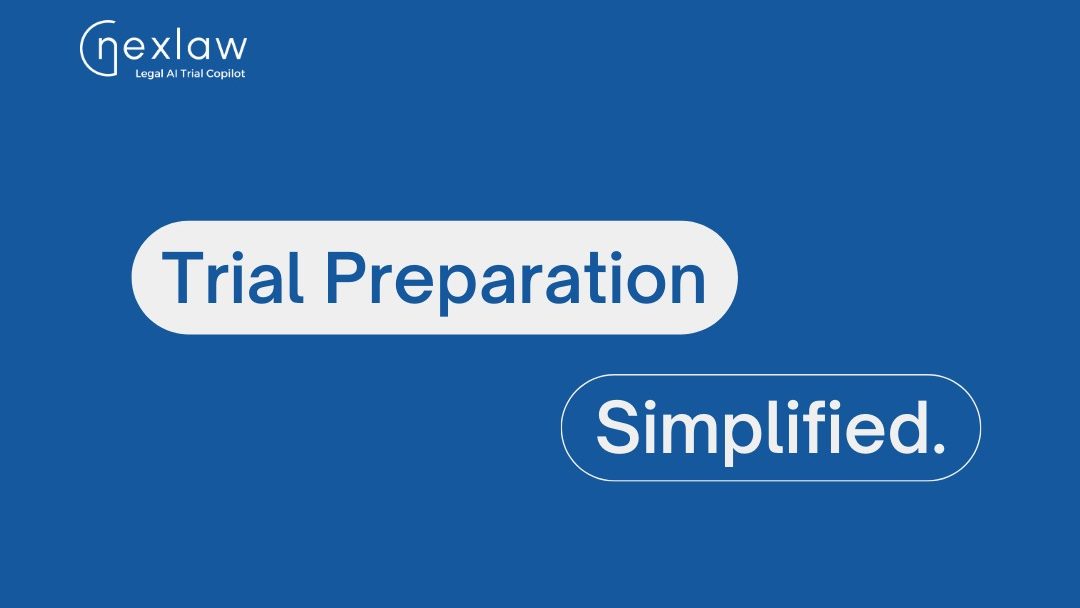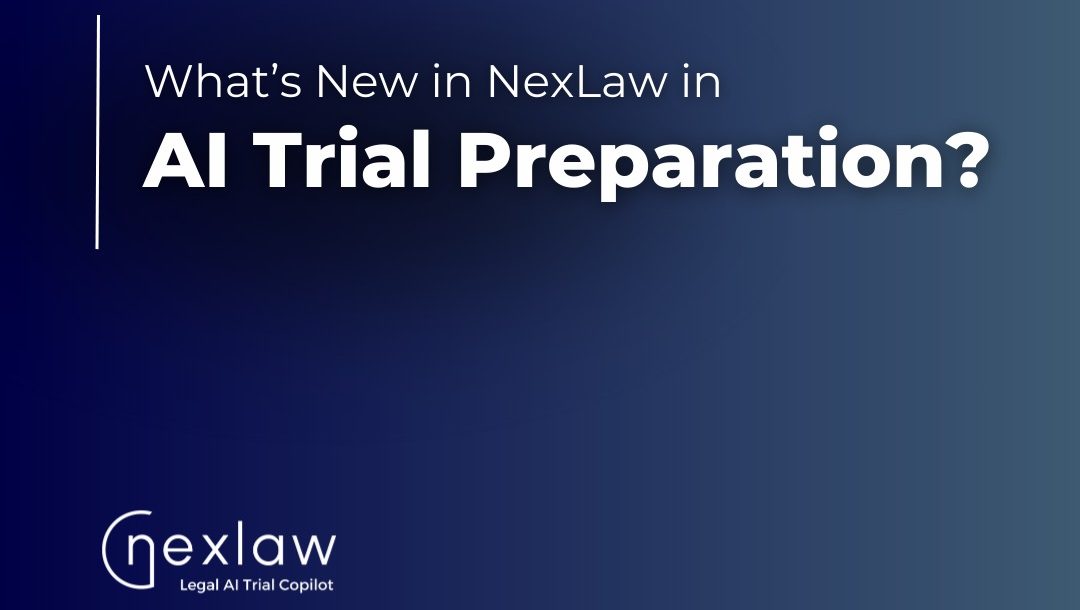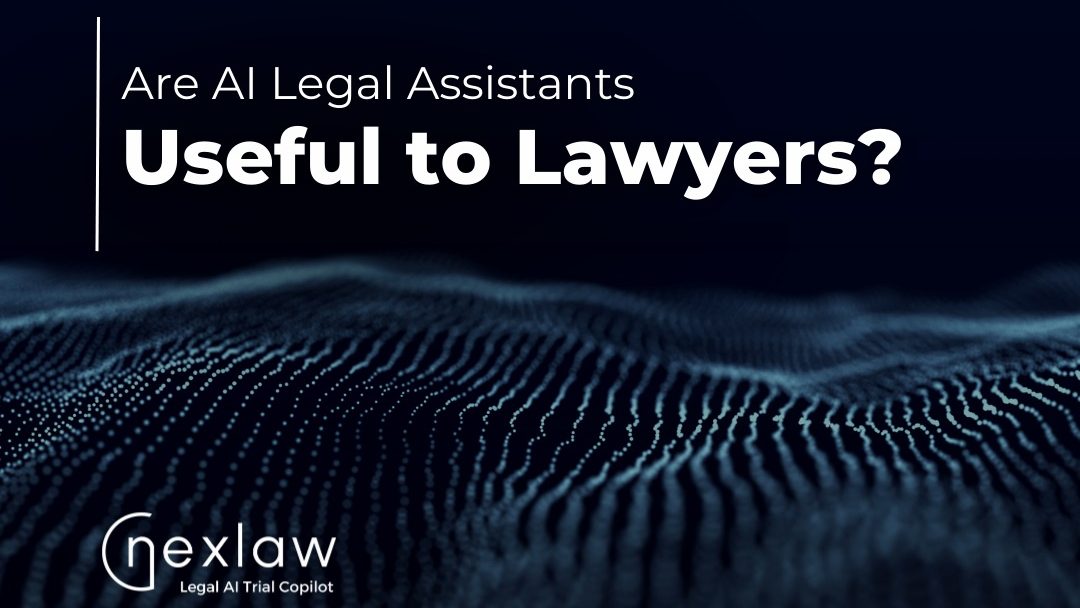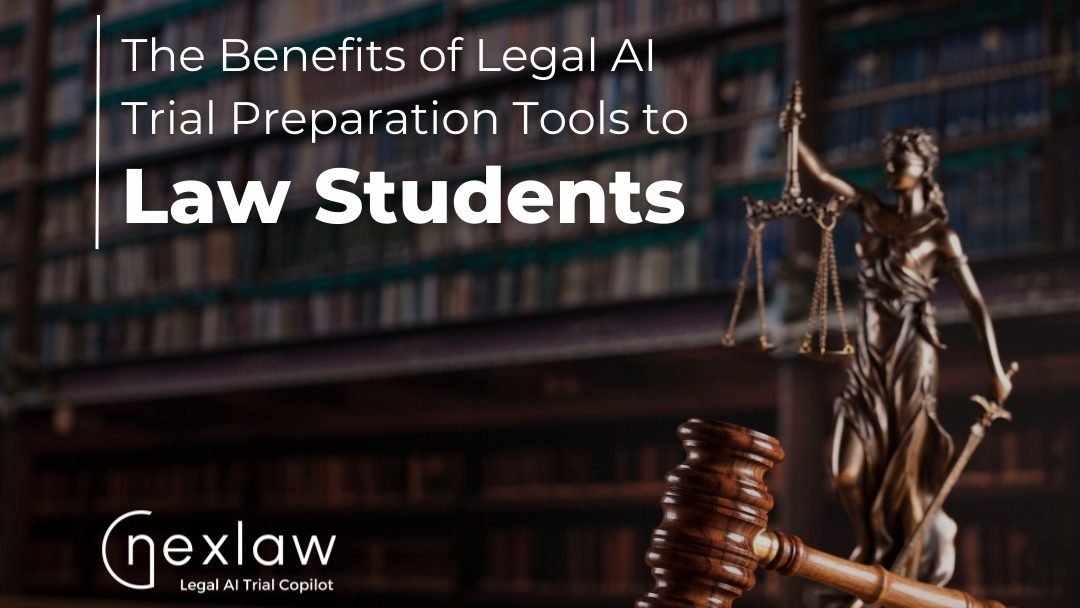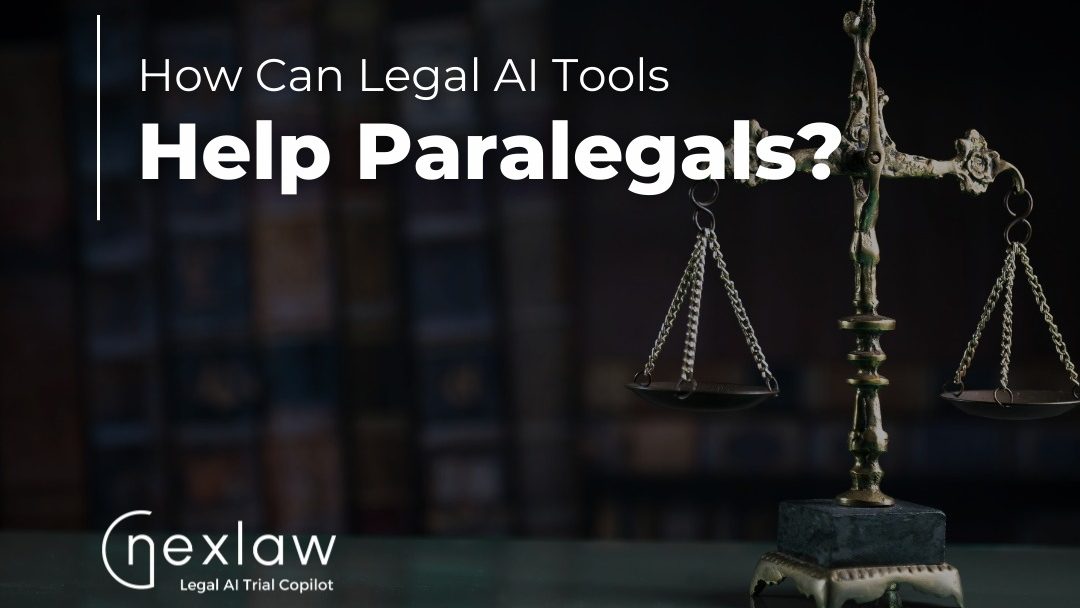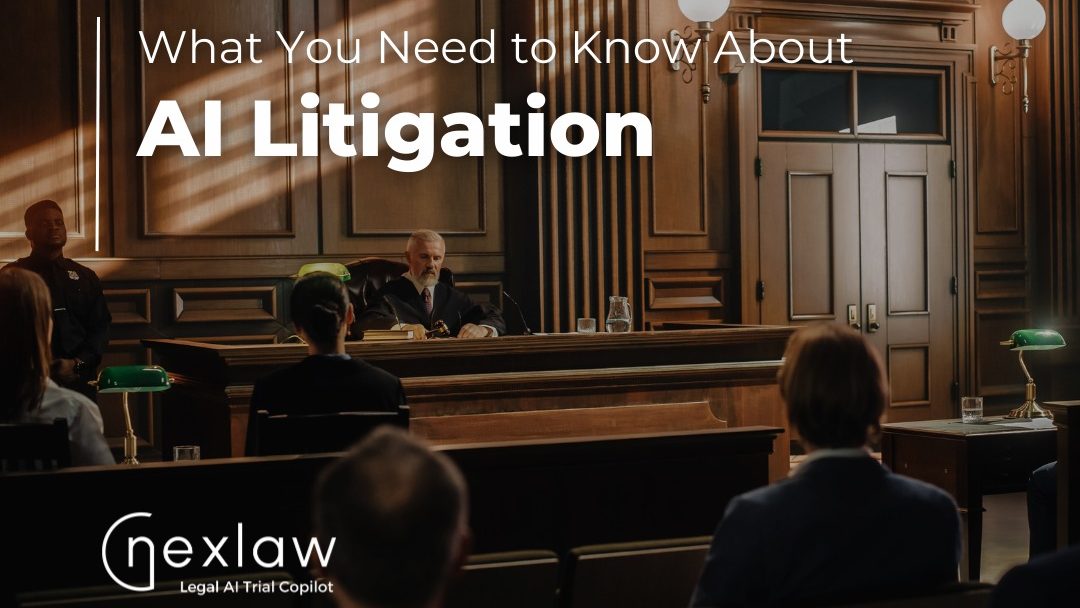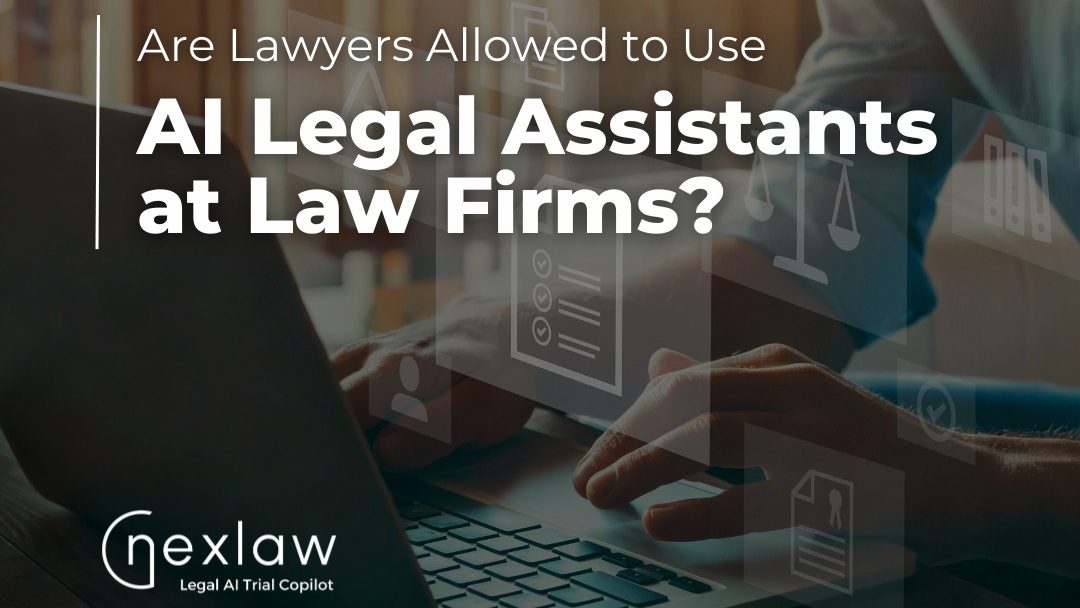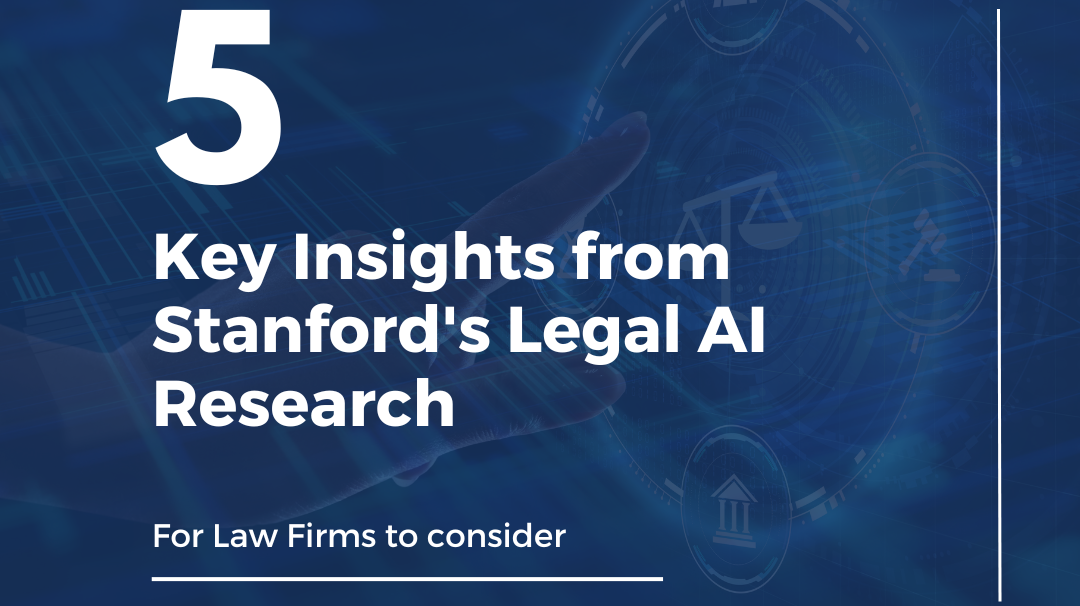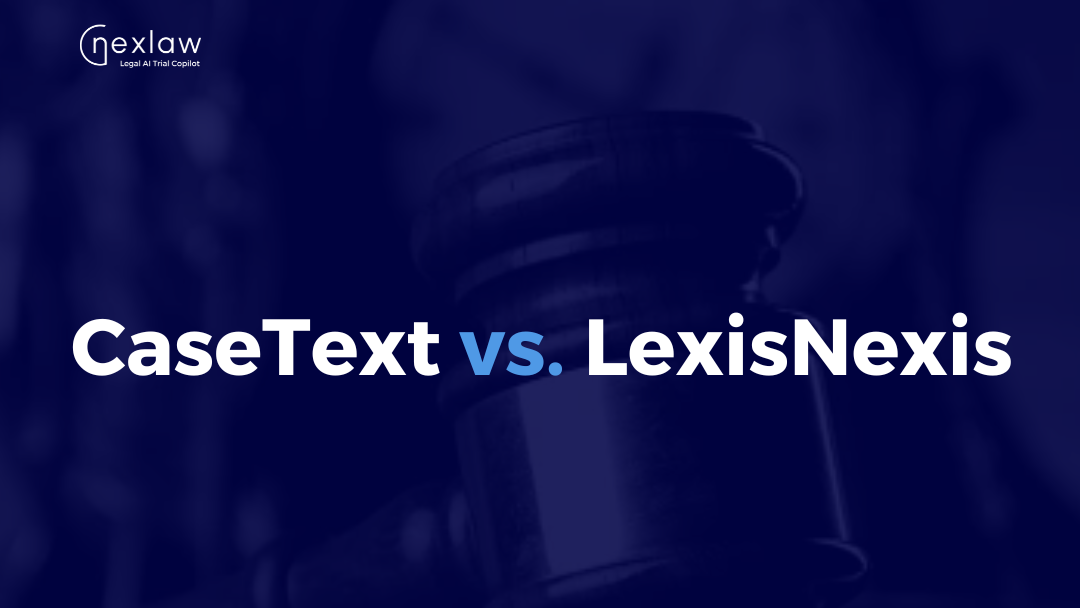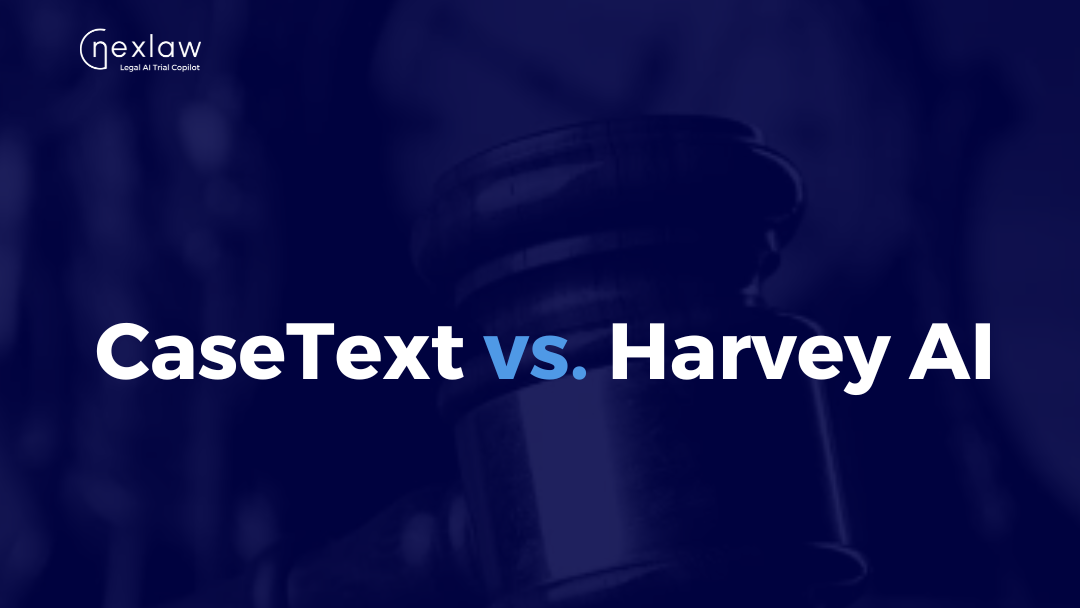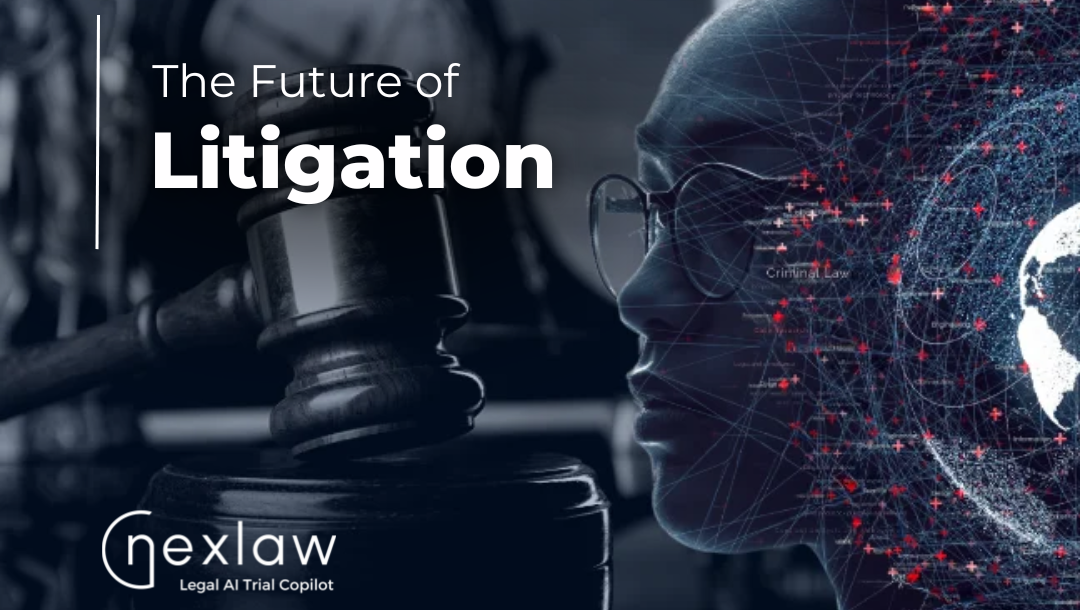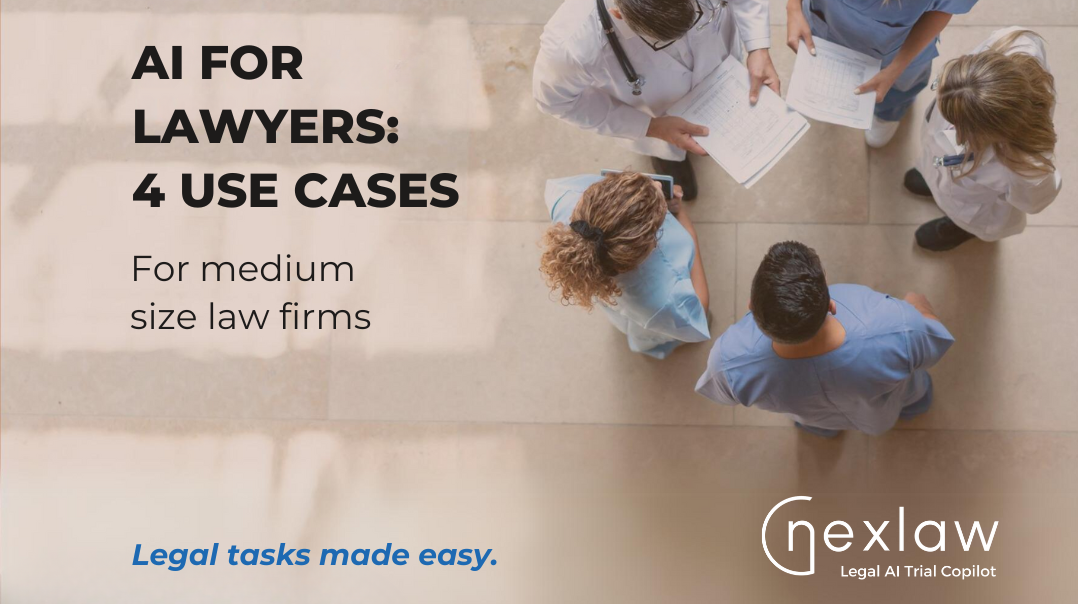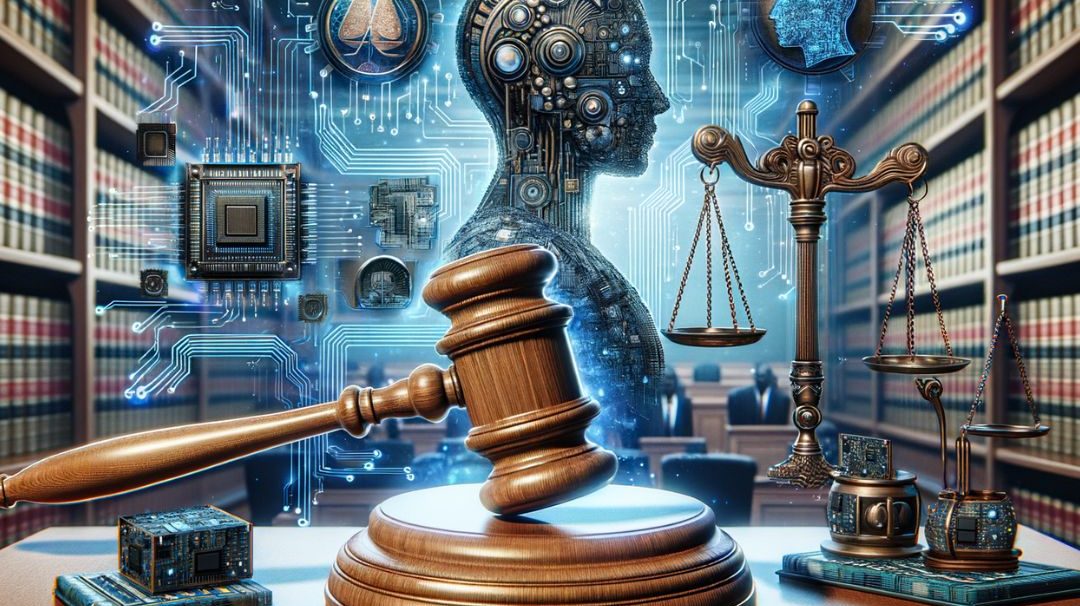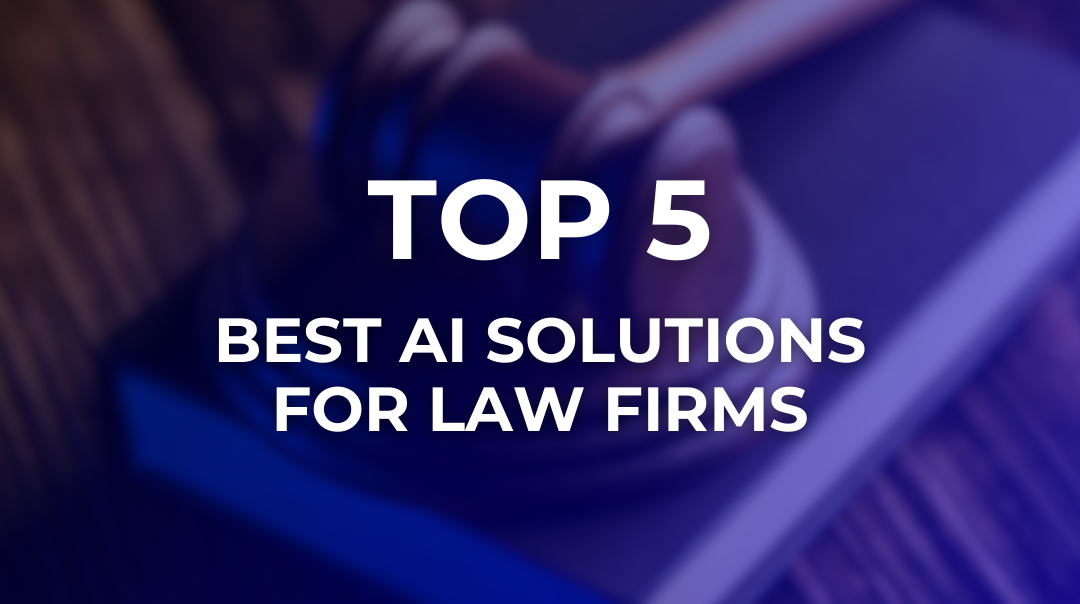How NexLaw Addresses the Hallucination Issues
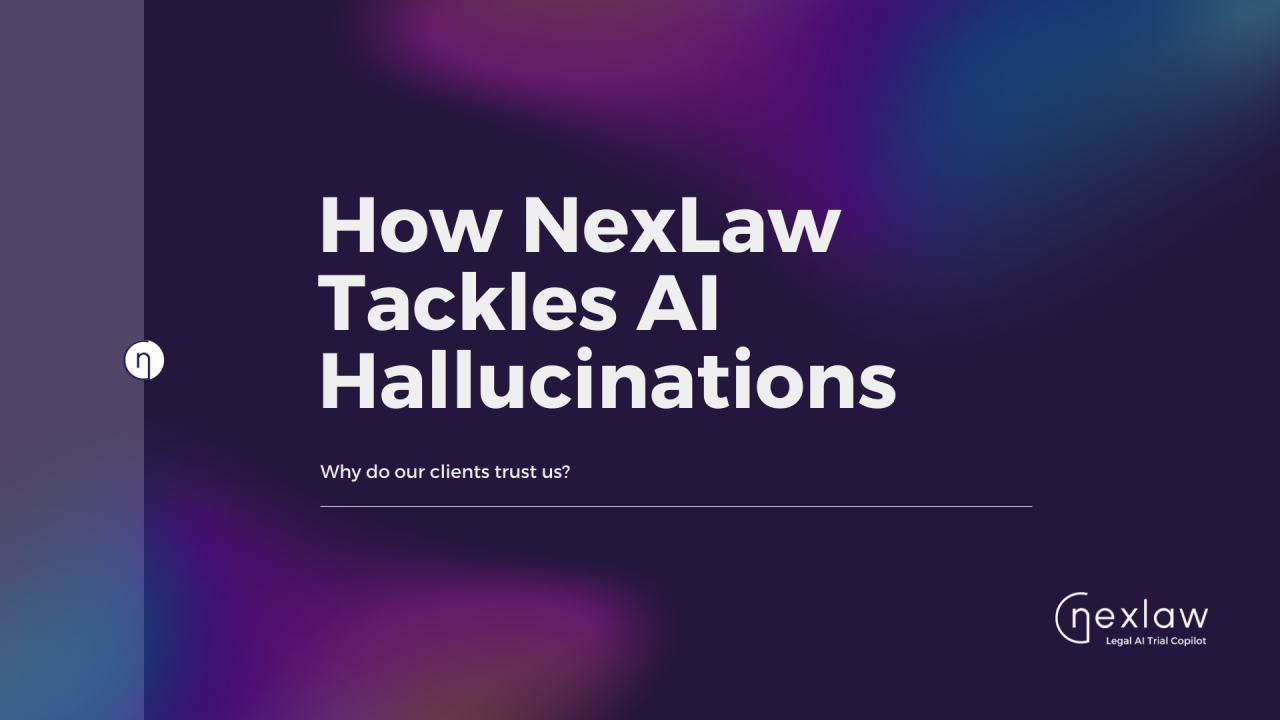
Related Posts
How NexLaw Addresses the Hallucination Issues
Hallucination in the legal AI
Hallucination has been a major pain point for all AI legal assistant on the market, posing significant risks due to AI-generated outputs that are demonstrably false or misleading. In the legal field, such inaccuracies can be disastrous, leading to incorrect case law citations, misinterpretation of legal precedents, and flawed legal arguments. Solving this problem has been a crucial part of NexLaw’s development. Our system ensure that our AI legal assistant not only generates content efficiently but also maintains the highest standards of accuracy and reliability.
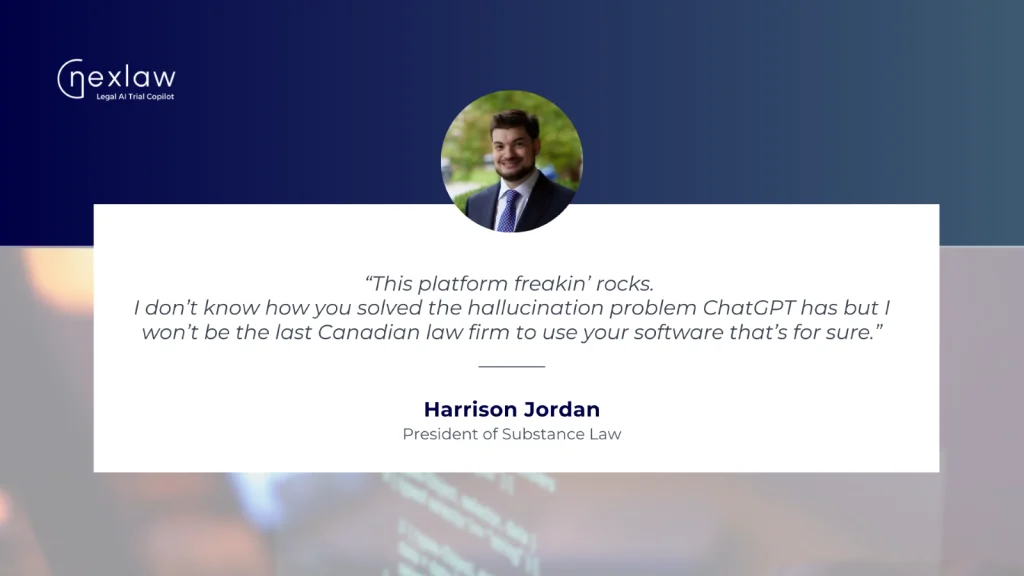
NexLaw's Approach to Mitigating AI Hallucinations
NexLaw leverages large language models (LLMs) to generate content but does not rely solely on them for factual knowledge and data retrieval. We use Retrieval-Augmented Generation (RAG), a technique that combines external information retrieval with text generation, to ensure the accuracy and relevance of our content. Here’s how NexLaw addresses the hallucination problem:
Purpose of LLMs: LLMs are excellent for generating human-like text and engaging in conversational interaction. They can provide complex explanations and create content such as reports and memos. However, they are not inherently designed to search and fetch specific data from vast databases efficiently.
Strengths of Traditional Search Engines: Search engines excel at quickly finding specific information, providing up-to-date data, and offering a diverse range of resources. They are highly accurate for information retrieval.
Combining Strengths: NexLaw combines the strengths of traditional search engines and LLMs through Retrieval-Augmented Generation (RAG) to enhance the accuracy and relevance of the generated content by integrating up-to-date and contextually relevant information from external databases.
How NexLaw Ensures Accuracy:
- Research: NexLaw uses search engines to gather reliable facts and knowledge from various sources.
- Analysis: Our in-built system analyzes this data to ensure its accuracy and relevance.
- Content Generation: The system then uses LLMs to generate arguments, memos, and other legal content.
- Fact Check: Several layers of fact-checking are implemented by the algorithm to verify the generated content.
- Output: The final output is a well-structured and accurate document with all related facts and knowledge cited for reliability.
100+ Hours of Legal Tasks
Done in Minutes

In the amount of time, it takes to grab a coffee, Our AI would have prepared all you need for your case.
Retrieval-Augmented Generation (RAG)
NexLaw employs RAG, a technique that combines external information retrieval with text generation. This approach enhances the accuracy and relevance of the generated content by integrating up-to-date and contextually relevant information from external databases. Additionally, multi-agent RAG systems combine both approaches, leveraging specialized agents for different aspects of the RAG process. This can lead to improved relevance, latency, and coherence compared to single-agent RAG systems, especially for tasks requiring reasoning over diverse information sources.
Additional Measures to Ensure Accuracy:
- Data Quality: High-quality data is crucial for training accurate AI models. NexLaw ensures that the training data is accurate, relevant, and diverse, reducing the likelihood of hallucinations.
- Model Architecture: Designing the AI model with appropriate architectures and techniques, such as attention mechanisms, helps the model focus on relevant information and reduces the generation of hallucinations.
- Post-Processing: Implementing post-processing techniques to filter or correct any generated hallucinations improves the accuracy of the AI model.
- Regular Updates and Retraining: Continuously updating and retraining the AI model with new data helps it learn from its mistakes and improves its performance over time.
- Fine-Tuning: Fine-tuning the AI model on specific tasks or domains helps it better understand the context and generate more accurate outputs.
By integrating these processes, NexLaw ensures that the content generated by our Legal AI Trial Copilot is both accurate and reliable, significantly reducing the risk of hallucinations.
As AI in legal industry transform continuously, law firms must adopt legal AI tools with a critical eye, understanding risks like hallucinations and adhering to ethical standards. NexLaw mitigates hallucinations and enhances the Legal AI Trial Copilot’s utility. By staying informed and proactive, law firms can leverage AI benefits while maintaining high professional standards.
Best Legal AI Assistant for Law Firms (Factors You Should Consider)
If you’re curious about the capabilities of NexLaw, book a demo and try us out for free!
Interested In Features Like This?
Received Complimentary access to our resources and a personalized live demo tailored to your needs


